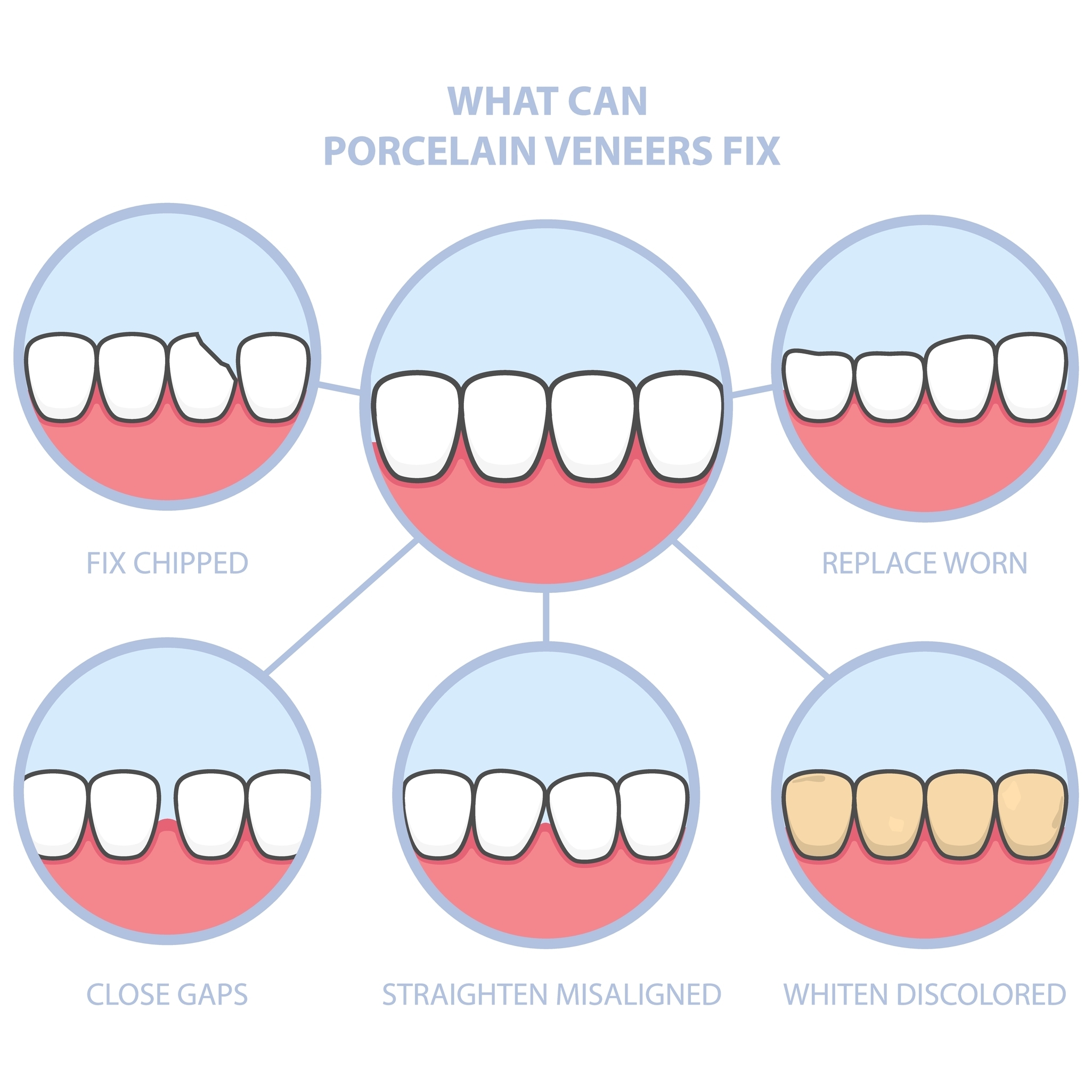Restoring Worn Dentition: The Key to a Healthy Smile
At Best Impressions Dental in Forked River, NJ, we understand that a healthy smile is not just about the way it looks but also how it functions. Worn dentition, also known as dental erosion or tooth wear, is a common dental concern that affects both the appearance and health of your teeth. In this blog, we’ll delve into what worn dentition is, its causes, and why addressing it through full mouth rehabilitation is crucial. We’ll also discuss the restorative procedures involved and the significant benefits they offer for your oral health.
Understanding Worn Dentition
Worn dentition refers to the gradual loss of tooth structure over time, typically as a result of various factors. This can include the wearing down of tooth enamel, chipping, cracking, or flattening of the biting surfaces. Worn dentition can impact not only the aesthetics of your smile but also your ability to speak, chew, and maintain proper oral hygiene.
Common Causes of Worn Dentition
Several factors can contribute to the development of worn dentition, including:
- Bruxism (Teeth Grinding and Clenching): The habit of grinding or clenching your teeth, often during sleep, can cause significant wear on the tooth enamel.
- Acid Erosion: Consuming acidic foods and beverages, as well as conditions like acid reflux, can erode tooth enamel over time.
- Abrasive Toothbrushing: Brushing too vigorously or using a hard-bristle toothbrush can lead to enamel erosion.
- Age: As we age, natural wear and tear on teeth can result in worn dentition.
The Importance of Addressing Worn Dentition
Addressing worn dentition is not just about cosmetic improvements; it’s crucial for maintaining your oral health and overall well-being. Untreated worn dentition can lead to various dental problems, including:
- Increased Sensitivity: As tooth enamel wears away, teeth become more sensitive to temperature changes and certain foods.
- Weakened Teeth: Worn teeth are more susceptible to damage, such as chipping or fracturing.
- Poor Bite Alignment: Worn dentition can alter the way your teeth come together, leading to issues like misalignment and temporomandibular joint (TMJ) problems.
- Tooth Decay: Thinner enamel increases the risk of tooth decay.
Restorative Procedures for Worn Dentition
Full mouth rehabilitation is the key to restoring worn dentition and improving both the function and aesthetics of your smile. Depending on the severity of the wear and individual needs, your treatment plan may include:
- Dental Crowns: Crowns can be used to restore the shape, size, and strength of worn teeth.
- Veneers: Veneers can provide an esthetic makeover for worn teeth, enhancing their appearance.
- Orthodontics: In some cases, orthodontic treatment may be necessary to correct bite issues resulting from worn dentition.
- Mouthguards: Custom-fitted mouthguards can help protect your teeth from further wear, especially if bruxism is a contributing factor.
Benefits of Restoring Worn Dentition
Addressing worn dentition through full mouth rehabilitation offers significant benefits:
- Improved Functionality: Restored teeth allow for proper chewing, speaking, and biting.
- Reduced Sensitivity: Restorative procedures can alleviate tooth sensitivity.
- Enhanced Aesthetics: Your smile will look healthier and more youthful.
- Prevention of Further Damage: Restored teeth are less susceptible to additional wear and tear.
Conclusion
Don’t let worn dentition compromise your oral health and quality of life. At Best Impressions Dental in Forked River, NJ, we’re dedicated to helping you achieve a healthy and beautiful smile. If you suspect you have worn dentition or are experiencing any related issues, schedule a consultation with our experienced dental team. Together, we can create a personalized full mouth rehabilitation plan to restore your smile and ensure your long-term oral health. A healthy smile is a beautiful smile, and we’re here to make it happen.

